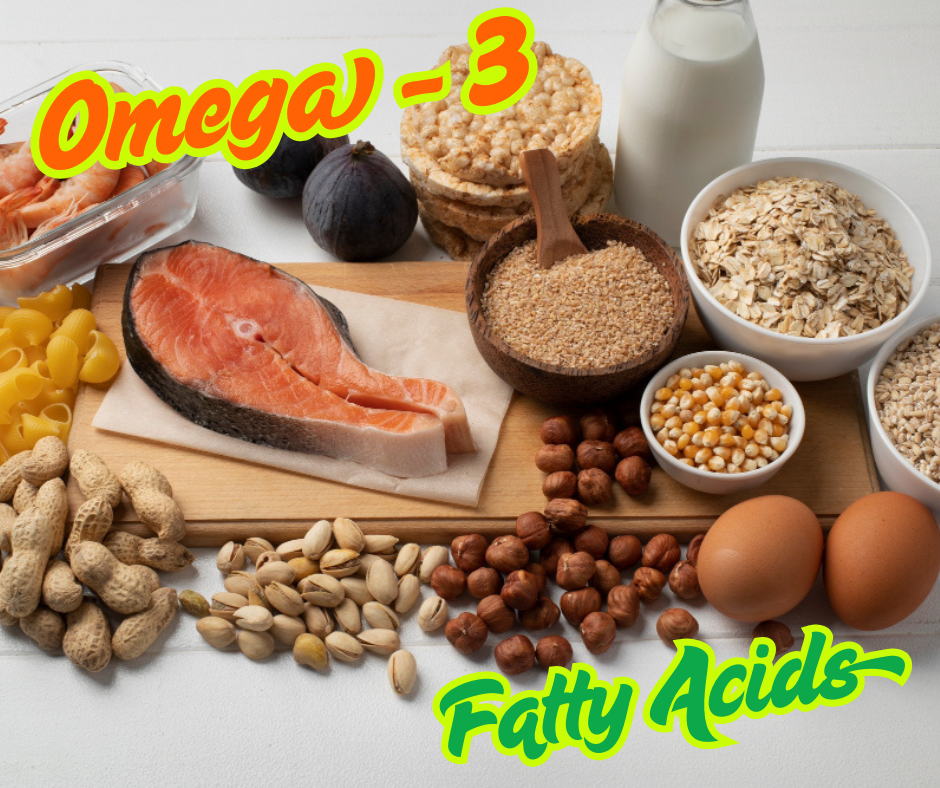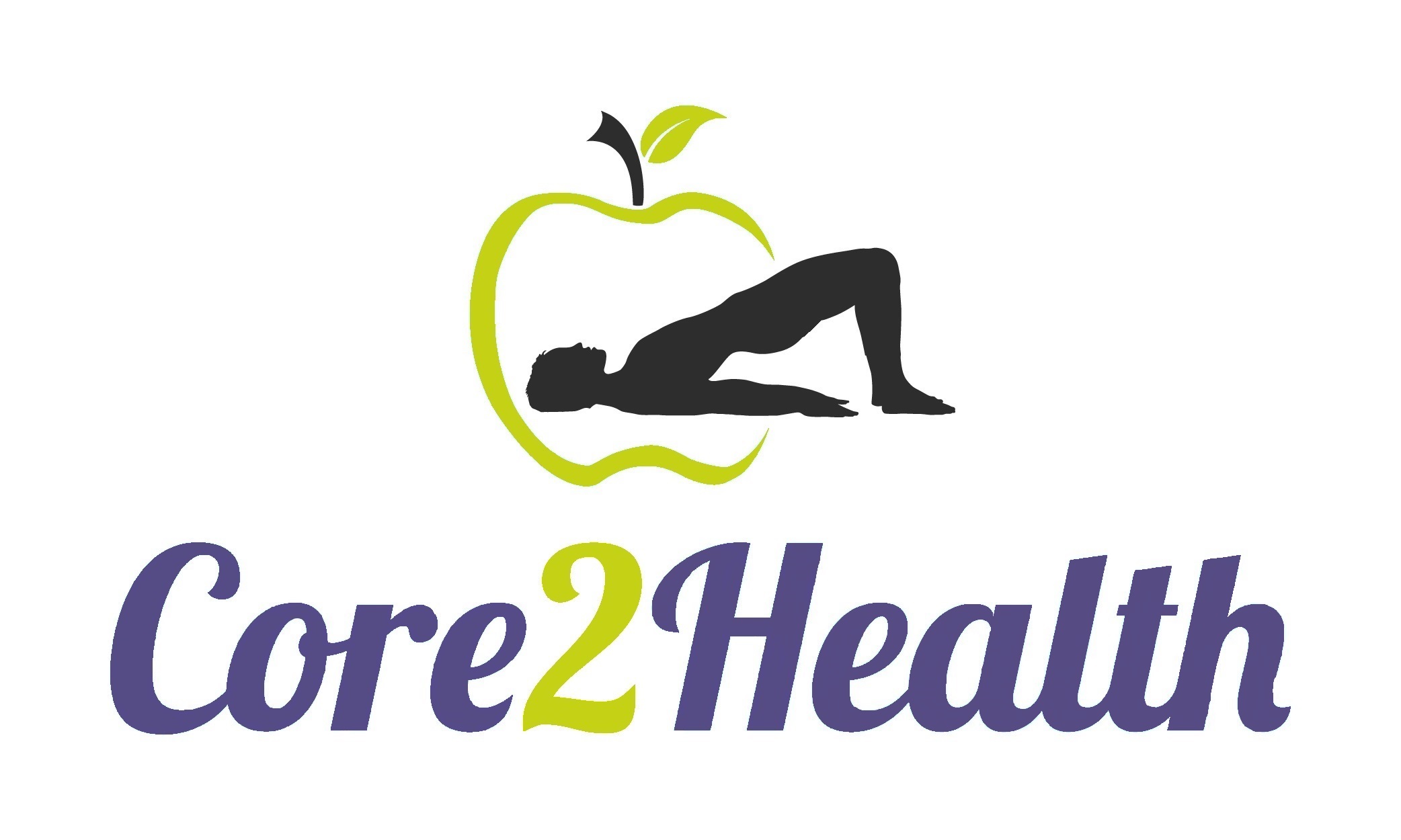Omega 3 Fatty Acids: Your Guide to a Healthier Lifestyle

In today's fast-paced world, many people are seeking natural ways to improve their health and prevent illnesses. Omega 3 fatty acids are one of the most talked-about natural supplements, known for their numerous health benefits. This guide will explore their benefits, sources, supplements, and potential downsides, helping you make informed decisions about incorporating them into your daily routine.
What Are Omega 3 Fatty Acids?
Omega 3 fatty acids are a group of polyunsaturated fats that are crucial for human health. They are termed "essential" because our bodies cannot produce them on their own; therefore, we must obtain them through our diet. The three main types of omega 3 fatty acids are eicosapentaenoic acid (EPA), docosahexaenoic acid (DHA), and alpha-linolenic acid (ALA). EPA and DHA are primarily found in fish and other seafood, while ALA is found in plant-based sources such as flaxseeds and walnuts.
Understanding EPA and DHA
EPA (Eicosapentaenoic Acid) and DHA (Docosahexaenoic Acid) are two of the most important types of omega 3 fatty acids, each playing distinct roles in maintaining and enhancing human health.
- EPA (Eicosapentaenoic Acid): EPA is primarily known for its role in supporting the circulatory system. It helps reduce inflammation in the body, which is beneficial for heart health and can help lower the risk of chronic diseases such as heart disease and arthritis. EPA is also involved in the production of eicosanoids, which are signaling molecules that play a crucial role in the body's inflammatory response and blood clotting mechanisms.
- DHA (Docosahexaenoic Acid): DHA is crucial for brain and eye development and function. It is a major structural component of the brain and retina, making it essential for cognitive health and vision. Adequate levels of DHA are associated with improved brain function, reduced risk of neurodegenerative diseases, and better visual acuity. During pregnancy, DHA is particularly important for fetal brain and eye development, highlighting its significance in prenatal nutrition.
Both EPA and DHA are predominantly found in fatty fish and seafood, making these foods excellent sources for obtaining these essential fatty acids. For those who do not consume fish, supplements such as fish oil or algal oil (a plant-based source of DHA) can be effective alternatives to ensure adequate intake of these vital nutrients.
Benefits of Omega 3 Fatty Acids
Omega 3 fatty acids offer a wide range of health benefits, making them a popular choice for those looking to improve their well-being naturally. Here are some of the key benefits:
- Heart Health: Omega 3 fatty acids are known to reduce the risk of heart disease by lowering blood pressure, reducing triglycerides, and decreasing the risk of arrhythmias. They also help prevent the buildup of plaque in the arteries, making them essential for cardiovascular health.
- Brain Function: DHA, a type of omega 3 fatty acid, is a major structural component of the brain. Adequate intake of omega 3 fatty acids is linked to improved cognitive function and a reduced risk of neurodegenerative diseases such as Alzheimer's. This makes omega 3 fatty acids vital for maintaining brain health and function.
- Anti-Inflammatory Properties: Omega 3 fatty acids are known for their ability to reduce chronic inflammation, a key factor in many diseases, including arthritis and asthma. Their anti-inflammatory properties can help alleviate symptoms and improve overall health.
- Mental Health: Studies have shown that omega 3 fatty acids can help alleviate symptoms of depression and anxiety, promoting overall mental well-being. This makes them a valuable addition to a mental health support regimen.
- Eye Health: For those concerned about eye health, omega 3 fatty acids, particularly DHA, are essential. DHA is a major component of the retina, and omega 3 fatty acids can help prevent macular degeneration, a leading cause of vision impairment and blindness.
By understanding these benefits, you can make informed choices about incorporating omega 3 fatty acids into your diet to support a healthier lifestyle.
Sources of Omega 3 Fatty Acids
Incorporating omega 3 fatty acids into your diet can be done through various food sources. Fish such as salmon, mackerel, sardines, and trout are rich in EPA and DHA, making them excellent choices for those looking to boost their omega 3 intake. For individuals following a plant-based diet, flaxseeds, chia seeds, and walnuts are excellent sources of ALA, a type of omega 3 fatty acid.
Additionally, some foods are fortified with omega 3 fatty acids, including certain eggs, milk, and juices. These fortified foods can be a convenient way to increase your omega 3 intake, especially if you have dietary restrictions.
Best Omega 3 Supplements

For those who may not get enough omega 3 fatty acids from their diet, supplements can be a convenient option. Fish oil supplements are the most common omega 3 supplements, providing both EPA and DHA. For individuals seeking a plant-based alternative, algal oil supplements, derived from algae, are a good source of DHA. Flaxseed oil supplements provide ALA and are suitable for vegetarians and vegans.
When choosing a supplement, look for products that are third-party tested for purity and potency. It's also advisable to consult with a healthcare professional before starting any new supplement regimen.
Potential Downsides of Omega 3 Fatty Acids
While omega 3 fatty acids are generally safe for most people, there are some potential downsides to be aware of. Some people may experience digestive discomfort, such as bloating or diarrhea, when taking omega 3 supplements. Additionally, omega 3 fatty acids can have a blood-thinning effect, which may increase the risk of bleeding in some individuals, especially those on blood-thinning medications. It's important to choose high-quality products, as fish oil supplements may contain contaminants such as mercury or PCBs.
By understanding the benefits and sources of omega 3 fatty acids, you can make informed choices that support a healthier lifestyle. Whether through diet or supplements, incorporating omega 3 fatty acids into your routine can be a powerful step toward preventative health and well-being.
Connect with Us!
Stay inspired and informed by following us on social media. Get tips, motivation, and updates on all things Pilates, nutrition, and wellness. Join our community and take the next step towards a healthier, happier you!
